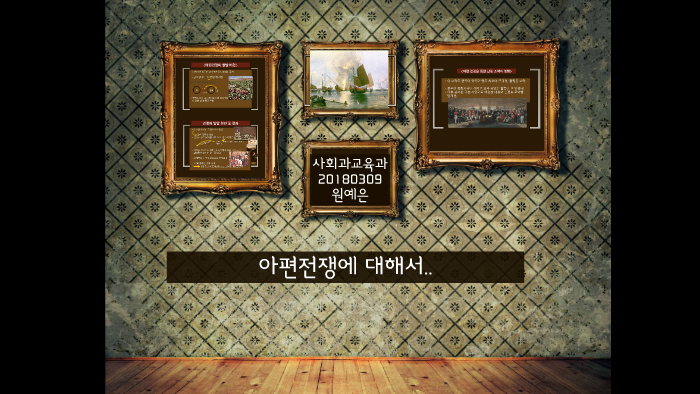
In October 1839, a few months after the Chinese Imperial Commissioner, Lin Zexu, dispatched these confident words to his emperor, a Cabi This title tells a story of drugs, distrust, greed and rebellion. On the outside, seem intractable, but inside they are cowardly.Although there have been a few ups-and-downs, the situation as a whole is under control. (Aug.This title tells a story of drugs, distrust, greed and rebellion.


Lovell masterfully condenses into one volume a dense, difficult conflict, the results of which are still can still be felt 170 years later. Lovell painstakingly follows the intricate webs of trades, treaties, accusations, and recriminations between the two empires that has culminated in a the contemporary state of affairs in which Chinese citizens simultaneously lambaste the West while competing for visas and study-abroad opportunities. Conflict escalated as Britain repeatedly attempted to reinstate the opium trade’s legality, but opium had become a convenient scapegoat for the Qing rulers. By the 1830s, however, Qing government administrators began to grow anxious over booming opium consumption and forced the lucrative trade into the black market, cutting British profits, which helped fund the Royal Navy. The “perfect solution” to their situation, they came to believe, was to import more Indian opium into China. Toward the end of the 18th century, the British Empire was running up a serious trade deficit in the Orient. The book is primarily a blow-by-blow account of the war’s “chaotically interesting” events, supplemented by close studies of the important personalities involved.

Lovell ( The Great Wall), lecturer in modern Chinese history and literature at the University of London, expounds in great detail upon the myriad causes and results of the 19th-century Opium Wars.


 0 kommentar(er)
0 kommentar(er)
